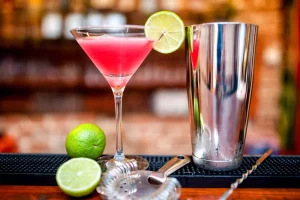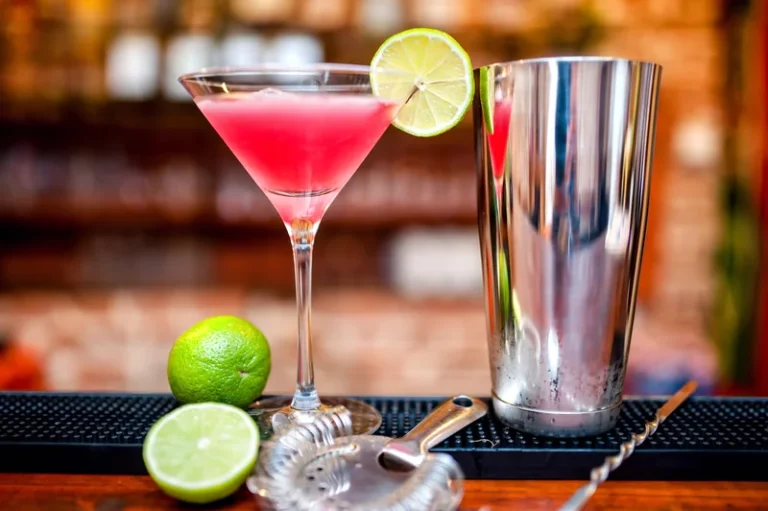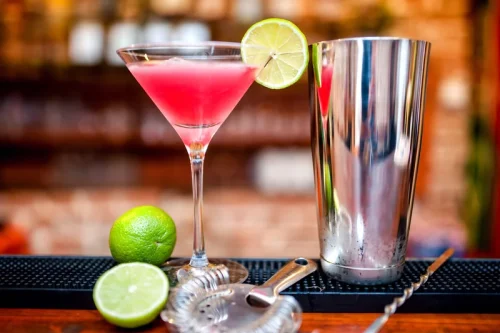
Understanding these impacts can help us make more informed decisions about our alcohol consumption, particularly when it comes to maintaining a balanced diet and optimizing physical performance. The higher the alcohol content, the more dehydrating the drink will be. A heavy alcoholic drink like whiskey, brandy, or rum can dehydrate you more than lighter drinks.
You Are Drinking on an Empty Stomach

Beer closer to 4% can help with rehydration, but it slows the whole process down. While many people drank beer in the 18th century, it would not represent the type of beer that you are used to drinking on a Saturday night. If it was, then nobody would have been able to accomplish anything!

Does Dehydration Make Hangovers Worse?
- Using electrolytes while drinking alcohol may be especially beneficial for individuals with high blood pressure and other cardiovascular issues.
- Dehydration can affect multiple bodily functions and cause a wide range of symptoms.
- Beer closer to 4% can help with rehydration, but it slows the whole process down.
- How long it takes to rehydrate after drinking depends on how much alcohol you have consumed and how much fluid volume and electrolytes your body lost.
When you have beer, it travels down your esophagus and into your stomach, where a small portion of the alcohol (ethanol) is absorbed directly into your bloodstream. However, the what is alcoholism majority of the alcohol continues into the small intestine, where it is absorbed more efficiently due to the large surface area. Added sugar creates extra acid, which makes it harder for your body to store water.
- The more you drink in a single setting, the more dehydrated you will become.
- If dehydration is due to excessive sun or heat, move to the shade or indoors, where you can access air-conditioning or fans.
- You’ll meet millions of fellow Reframers in our 24/7 Forum chat and daily Zoom check-in meetings.
- Since alcohol travels through the bloodstream, it can travel to other areas of our body including the pituitary gland in our brain.
Why You Get Sugar Cravings After Quitting Alcohol
- For those who have ever referred to “breaking the seal” when drinking, this is a spot-on metaphor.
- A small amount of beer will not lead to severe dehydration, but we should not drink beer to rehydrate.
- Reaching for hydrating beverages is the best way to alleviate a hangover’s unpleasant effects — but not every liquid fits this bill.
- Thus, choosing lighter beers may be a better option if hydration is a concern during consumption.
- However, you may be able to minimize its severity by following a few simple tips.
Be sure to stay hydrated throughout the day, and if we’re going to be drinking alcohol, be sure to include water whenever possible. Alcohol dehydrates you, and it’s crucial to drink plenty of water and replenish electrolytes after consuming alcoholic beverages to restore optimal fluid balance. When you drink alcohol, you are adding fluid to your body, but the chemical properties of alcoholic drinks can have unintended effects on your body. Alcohol can trigger diuresis (increased urine output), leading to dehydration and other bodily imbalances, all of which can contribute to hangover symptoms.
The Importance of Listening to Your Body
Alcohol https://ecosoberhouse.com/ dehydration occurs because alcohol causes you to lose too much fluid from your body. It’s hard to overestimate the importance of water to the body. Having the right balance of fluid in your system is essential for your body to carry out basic functions. Severe dehydration can cause feelings of dizziness, the appearance of sunken eyes, fainting spells, increased heart rate, and even loss of consciousness.

The Truth About Alcohol and Dehydration
- Light beers generally have lower ABV (around 4-5%), while stronger craft beers can have an ABV upwards of 10%.
- These foods dehydrate the body even more, so once you feel that a lot of beer has dehydrated your system, you must have a healthy and light meal.
- But dehydration will make that headache worse and leave you feeling even more fragile.
- Limiting yourself to one or two beers at a time can help reduce dehydration risks while still enjoying the experience of drinking with friends.
- This is because the water can help to replace the fluids that are lost through urination, and it can also slow down the absorption of alcohol into the bloodstream.
- This can increase the risk of dehydration as your body loses fluids.
That will increase your ability to reabsorb water, and leave you more likely to wake up feeling sparkling and ready to face the day — or at least less inclined to put a pillow over your head. Alcohol can cause dehydration, disrupt sleep, interfere with energy production, and alter the body’s acid-base balance, all of which impact overall health and well-being. Occasional alcohol-related dehydration tends to manifest in symptoms commonly known as a hangover and can typically be managed without medical attention. does red wine dehydrate you Drinking more than that—especially with an already damaged liver—can cause alcohol levels to build.

